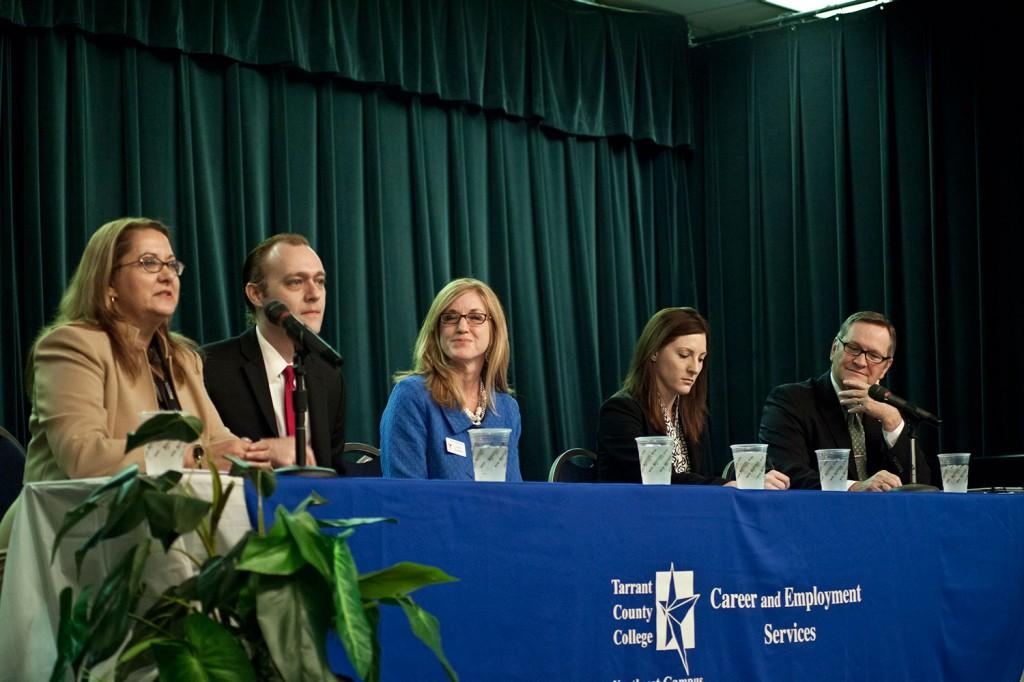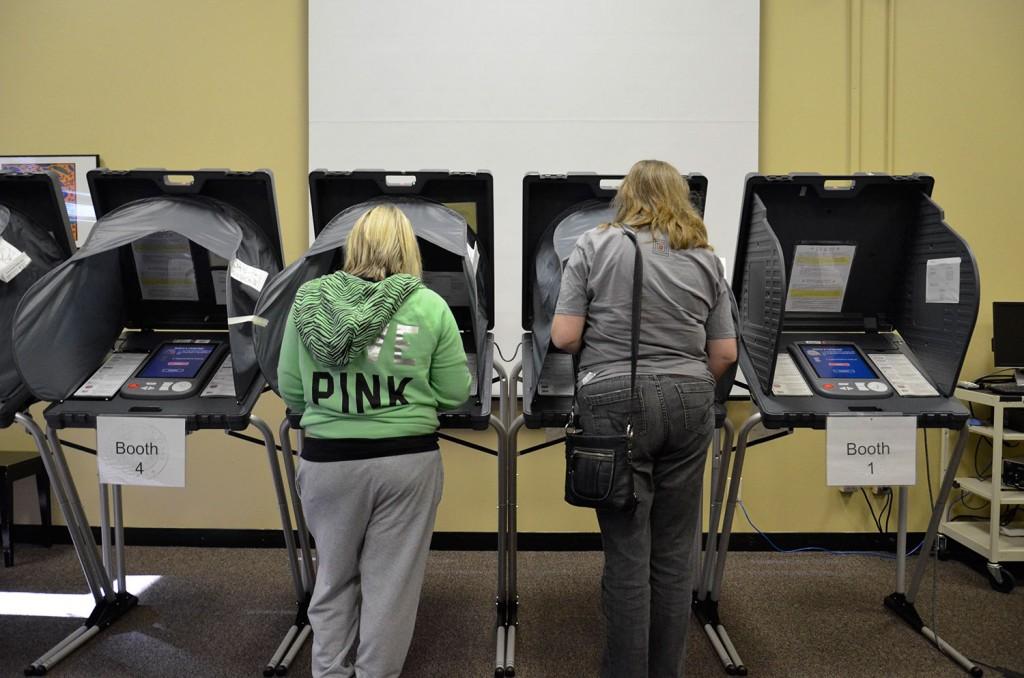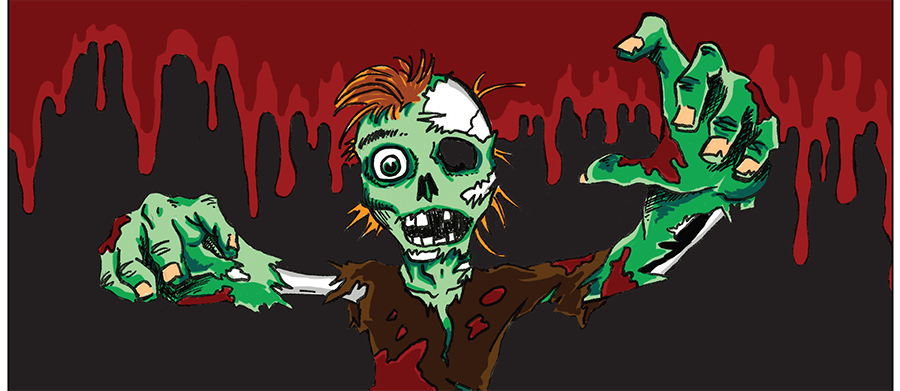By Shameaka Jones/reporter
NW Campus students on Oct. 24 heard the sometimes sordid details about six contentious and controversial campaigns in American history.
A panel of government faculty recounted the campaigns in Scandals, Scoundrels and Dirty Tricks.
Assistant professor Jessica Patton covered the Ugly Campaign of 1800 – John Adams against Thomas Jefferson, which was the first and only election in which a president and vice president ran against each other.
“President John Adams, who was elected in 1796, inherited a rapidly deteriorating relationship with France,” she said.
When Adams sent peace terms to France, his messenger was refused permission to speak with the French foreign minister, Patton said. Adams reluctantly reported this information to Congress, and the result was a fierce debate that divided the Federalists and Democratic-Republicans, the two primary parties at the time.
“There were food riots and general social unrest, which moved the country toward war,” she said. “This was the first election in which candidates began calling one another names and the first where there was castigating of a sitting administration.”
The result was an Electoral College tie. The race went to the House of Representatives, which elected Jefferson.
Associate professor Brian Cervantez called the 1828 election “the most interesting, mudslinging campaign.” The race had four candidates — John Quincy Adams, Andrew Jackson, Treasury Secretary William Crawford and House Speaker Henry Clay.
Although Jackson received the most votes in the Electoral College, no one had the majority, and the House of Representatives again got involved.
Clay was the difference, throwing his support to Adams. Jackson’s supporters were furious, charging that Clay had supported Adams in exchange for being named secretary of state, Cervantez said.
The next election in 1828 was little better, Cervantez said. During 1824-1828, Jackson and his supporters built up a campaign organization much like today’s.
“Jackson’s campaign was centered on personality,” he said. “More people voted than ever before, and newspapers bashed John Quincy Adams with true and untrue facts, even accusing him of being a pimp of the coalition.”
On the other side, Cervantez said, Clay, who ran Adams’ campaign, “accused Jackson of murder and dragged his wife’s name through the mud.”
This campaign was the model for the future, Cervantez said. The two-party system was adopted, and personality became the central focus of campaigns.
Assistant professor Bryan Calvin covered the 1884 race between Grover Cleveland and James G. Blaine, which he said exposed character traits of both parties.
“Cleveland was accused as a deadbeat dad,” he said. Blaine was tied to anti-Irish sentiments, which he never repudiated and which “swung the election.”
Calvin said that during this election, campaign paraphernalia included print media, songs, buttons with slogans and other items supporters could buy to help support the campaigns.
Assistant professor Rob Little discussed the “dirt, derision and division” of the 1912 election between Woodrow Wilson and Theodore Roosevelt, who had already served as president 1901-1909.
“During this campaign, Roosevelt, who was a doer who desperately wanted to be president again, hooked up with the radical Progressive Party,” Little said.
During the campaign, one Roosevelt speech was titled “A Confession of Faith.” The title might have been prophetic.
“He was delayed in delivering the speech because he was shot by John Schrank, who claimed that he shot Roosevelt because [Alexander] Hamilton’s ghost had visited him and said that Roosevelt cannot run a third time,” Little said. “Roosevelt’s 25-page speech and a glasses case, both left in the left pocket of his jacket, plus the active life he led, saved his life.”
Professor Laura Wood recounted the election of 1972 between Richard Nixon and George McGovern.
“Both parties were in disarray,” Wood said. “There was a push to end the war in Vietnam and a push for welfare reform.”
“Operation Sandwich,” a 24-hour surveillance operation created by the Nixon campaign, started following potential Democratic candidates such as Ted Kennedy, Wood said.
“There were leaks like the Pentagon Papers, which exposed secrets about the war in Vietnam and reports of the expanding war in Cambodia,” she said.
From this came the “plumbers,” an electronic surveillance team whose members were eventually caught breaking into Democratic headquarters at Washington’s Watergate complex, Wood said.
Assistant professor Paul Benson described a state race in Texas in 1978. His story was full of politicians drinking whiskey and chasing women.
“Blood, guts and sex sells,” he said. “We are as responsible as they are.”
Students were philosophical in their reactions to the panel discussion.
“Without scandals, scoundrels and dirty tricks, decisions would be made easier about who would be the best candidate for president,” Monica Souphankhaysy said.
Patton offered advice for the students.
“I hear students and young people say, ‘My vote does not matter,’” she said. “Be the person that steps in to clean it up.”





























